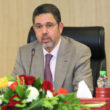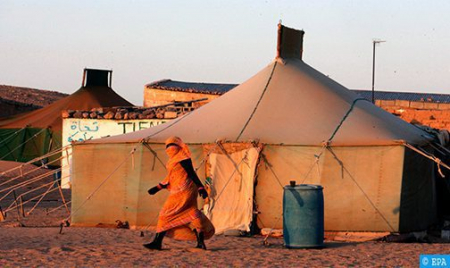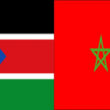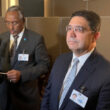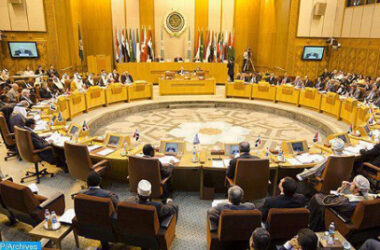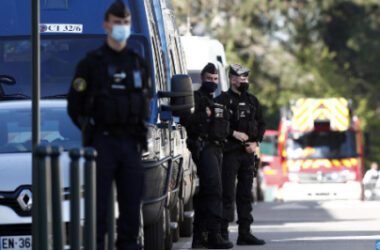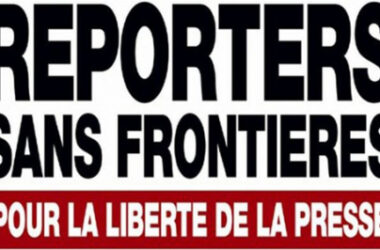The voices of the victims of executions, abductions and torture are rising day by day, putting the international community before its responsibility to recognize their right to justice, stressed the participants in this conference, organized by the International Observatory for Peace, Democracy and Human Rights in Geneva (IOPDHR) and the NGO “Promotion of Economic and Social Development” (PDES), which enjoys special consultative status with the Economic and Social Council of the United Nations.
IOPDHR president, Aicha Douihi, noted a legal chaos in the camps of Tindouf, where arbitrary measures and impunity prevail, stating that the inhuman living conditions, the lack of census and protection mechanisms, as well as the status of refugee emptied of its meaning create a climate conducive to the proliferation of human rights violations.
For his part, the Spanish expert on terrorism, Chema Gil, noted that the “polisario”, with its ideology and arbitrary practices, creates an unstable space and conducive to the development of international organizations that threaten the security of the Sahel-Saharan region, saying that the “polisario” provides the link between terrorism, organized crime and drug trafficking.
The activist Maghlaha Dlimi recounted how she suffered from the repressive practices of the “polisario”, describing her deportation to Cuba when she was only a child and detailing the systematic violations of human rights by the “polisario” apparatus.
The lawyer and activist Naoufal Bouamri emphasized that the victims of the “polisario” must be recognized as such and receive reparations and psychological support, calling on international society to mobilize in their favor.
In addition, Sophie Michez, a lawyer at the Brussels Bar, highlighted the striking contrast with the trials of Gdeim Izik, where dozens of foreign observers were able to ensure that the conditions for a fair trial were met and the right to a defense guaranteed, despite the atrocity of the crimes committed.
Lorenzo Penas Roldan, international lawyer of terrorism and international security, said that the “polisario” relies on a political and legal climate conducive to serious violations of human rights in the camps of Tindouf, noting that in the absence of security, separation of powers and control mechanism, the situation in Tindouf will continue to produce systematic and permanent violations of human rights.



